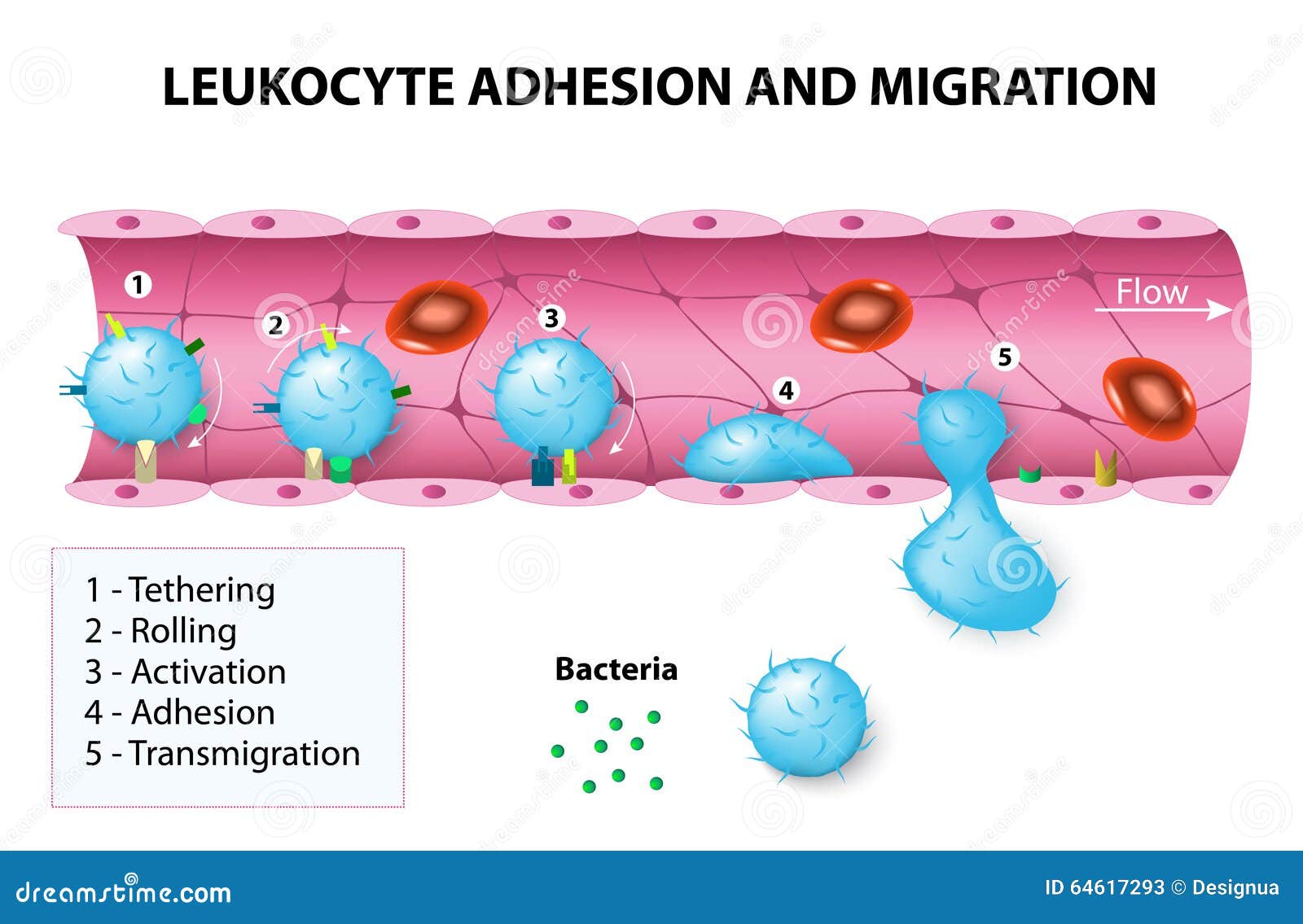Does the lymphatic system take up excess tissue fluid at the site of capillaries? Does it contain the same proteins as blood?
1 Answer
Tissue fluid is continuasly formed, hence should be continuously drained in organisms with closed circulatory system. Here comes the necessity of having a lymphatic system.
And yes, lymph contains same plasma proteins but in lower concentration .
Explanation:
In closed circulatory system blood does not come in direct contact with tissue cells. Blood enters capillaries from arteriolar end and leaves through venular end. So diffusion of gases between blood and tissue cells take place via interstitial fluid/tissue fluid.

Tissue fluid is formed continuously. This is because of a difference in blood pressure and the osmotic pressure of surrounding tissues. In a span of 24 hours, about 2 to 4 litre tissue fluid is formed at capillary beds, depending on the hight and weight of the individual. How do you return this fluid to blood? If it is not returned continuously, tissues will swell and blood volume will decline.

Moreover, blood capillary walls are fenestrated, and white blood cells walk out through those endothelial pores to enter tissue fluid by a process called diapedesis. So along with tissue fluid white blood cells must also return to circulation in the form of lymph.

Lymph is drained very slowly but continuously in venous blood by two large lymphatic ducts. Other than plasma proteins and white cells, lymph contains triglycerides (fat).

